

Collaboration diagram for Input State:

|
Functions | |
| double | gleandevGetd (GLenum eWhat) |
| float | gleandevGetf (GLenum eWhat) |
| int | gleandevGeti (GLenum eWhat) |
| void | gleandevSetd (GLenum eWhat, double value) |
| void | gleandevSetf (GLenum eWhat, float value) |
| void | gleandevSeti (GLenum eWhat, int value) |
|
|
Allows you to get some device state/option variables.
Here is the call graph for this function: 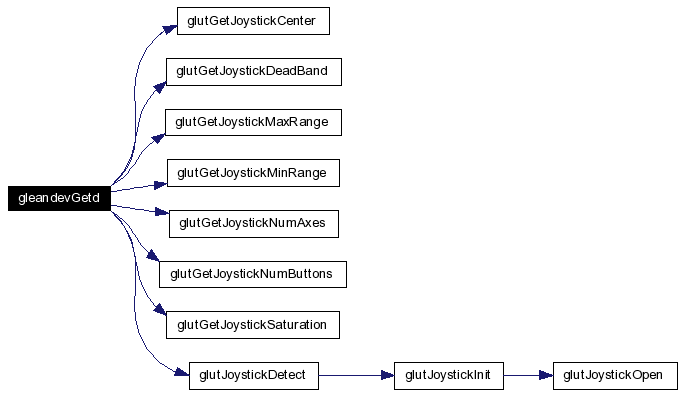 |
|
|
int version of gleanDevGetd().
Here is the call graph for this function: 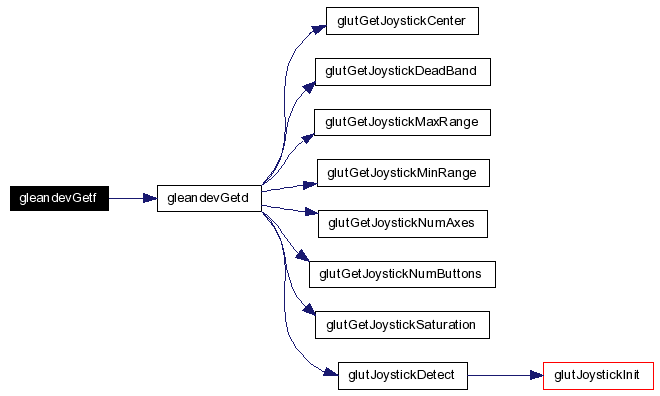 |
|
|
float version of gleanDevGetd().
Where gleandevGetd() returns unit scalars (i.e., numbers between 0 and 1), the result will be multiplied by INT_MAX. "Boolean" results might not be scaled, but the caller should only look for zero and non-zero for boolean queries.
Here is the call graph for this function: 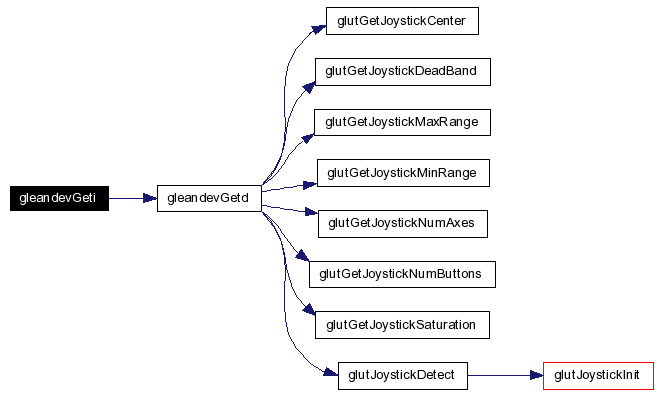 |
|
||||||||||||
|
Sets options for gleandev devices.
Here is the call graph for this function: 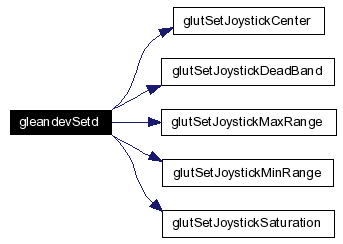 |
|
||||||||||||
|
Sets options for gleandev devices.
Here is the call graph for this function: 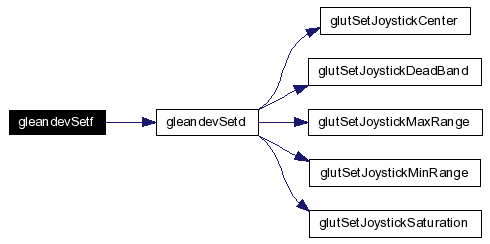 |
|
||||||||||||
|
Sets options for gleandev devices.
Where gleandevSetd() takes a value in the range 0..1 or -1..1, we should divide by INT_MAX (in floating point).
Here is the call graph for this function: 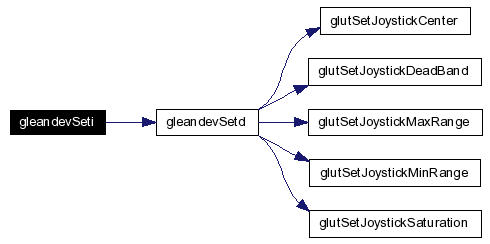 |
Supported in part by SourceForge.net.
Generated on Fri Sep 9 18:01:35 2005 for gleandev by
doxygen 1.4.3
The OpenGLEAN project is hosted in part by
SourceForge.